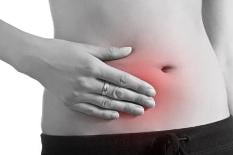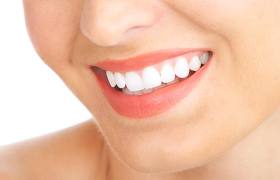Laurie DeRosa RDH
To understand alkalinity it is important to have an understanding of pH.
pH is an acronym for “potential of hydrogen,” a value that indicates the acidity or alkalinity of a liquid. The measurement of the hydrogen ion concentration in a liquid determines the pH value. Every liquid has a pH value, which falls on a scale between 0 and 14, with 7 being neutral. A pH value less than 7 is acidic: values greater than 7 indicate alkalinity.
Your body also has a pH value. In fact, all your body fluids each have a pH value, but blood most accurately reflects the acidity or alkalinity of your body. Ideally, your blood’s pH should be between 7.3 and 7.5.
How Too Much Acid Affects Us
Research has shown that a slightly more alkaline body is vital for good health and is associated with higher energy levels, better digestion, a healthy weight balance, increased mental clarity, fewer aches and pains, and better overall health. However, if your body is more acidic this will allow unhealthy bacteria to survive and may cause chronic fatigue, weight gain, joint pain, immune deficiency, premature aging, and more. When acids build up in your system your body will restore its optimal pH by depleting certain minerals, such as potassium, calcium and magnesium, from organs and bones.
.png?width=305&height=132&name=NIHAlogoBLUE_3_transparent%20(2).png)









